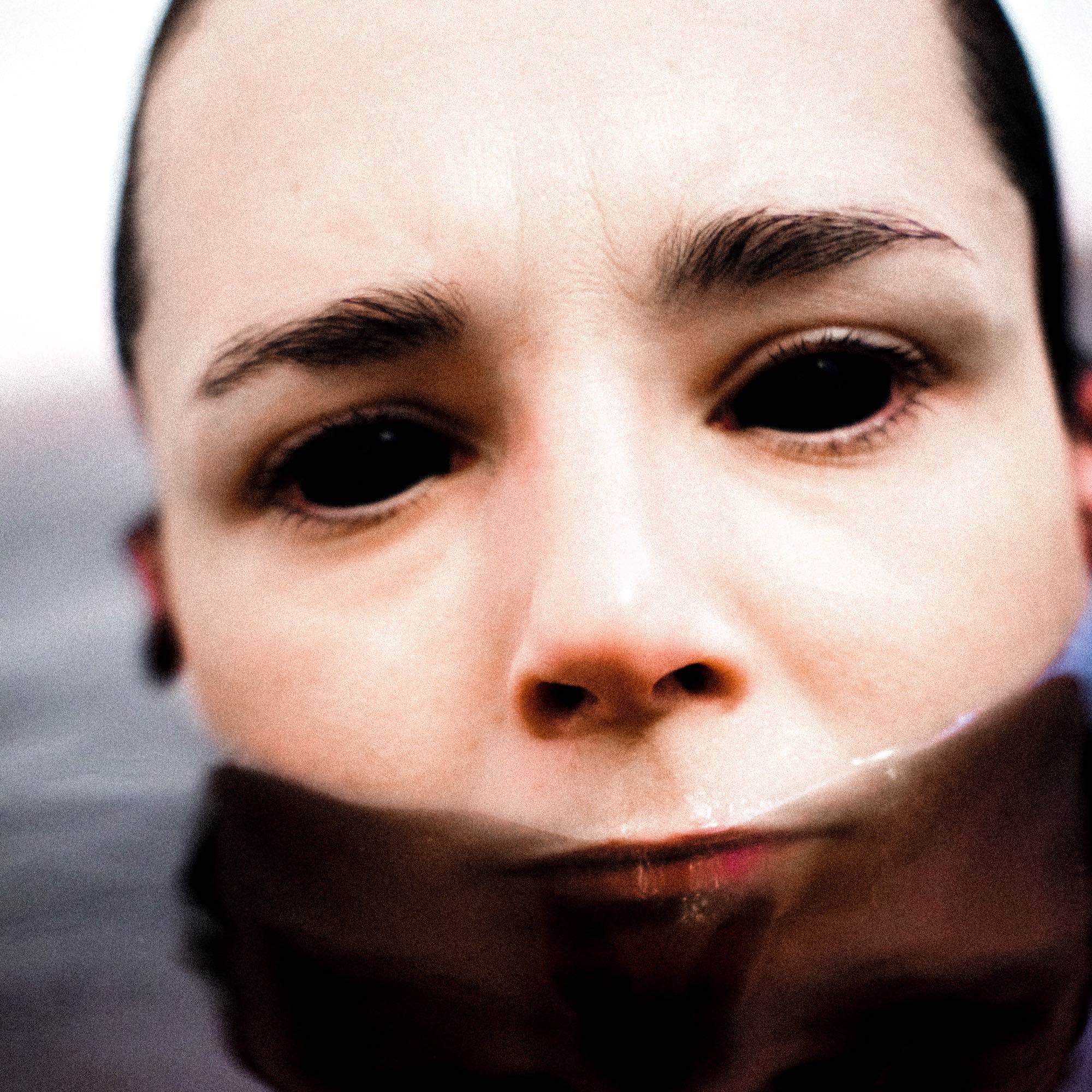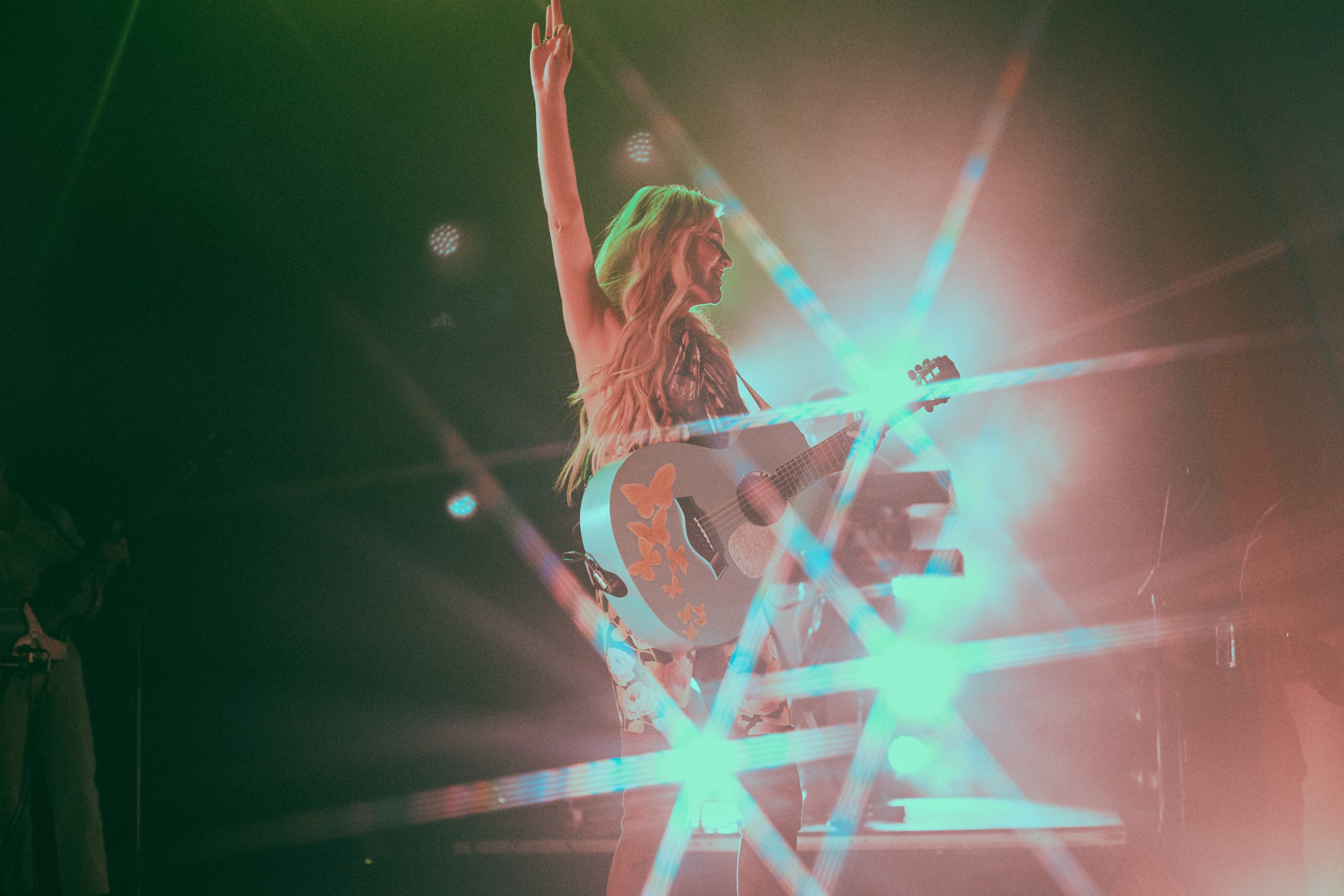It’s twenty to six on a Tuesday and I’m waiting for a call from Jehnny Beth. It’s not every day you can say that.
Beth is probably most well known for fronting the post-punk four piece, Savages, whose two studio albums, Silence Yourself (2013) and Adore Life (2016) have each been nominated for Mercury prizes respectively. Now, she’s on the run up to releasing her first solo album, To Love Is To Live, on June 12th.
I was able to sit down figuratively-speaking – she’s currently isolating with family in France – to talk about her upcoming album, her creative process and the book she’s releasing, a series of erotic stories called C.A.L.M. Which stands for ‘Crimes Against Love Memories’.
It’s a pretty crazy time right now, isn’t it?
It is yeah! It’s mad. It’s also a historical moment. I try to keep track of what’s going on. I write a page every night, almost like a historian.
That’s a good way of coming to terms with the emotions of these lonely times. Loneliness is one of the things that’s weirdly bringing us together – because we’re all so cut off.
Yeah! I use that in my life a lot anyway. I do isolate myself regularly because I can’t take in too much of the world. There’s a limit for me to socialise.
Do you think that’s one of the reasons you create art? It’s a way of channelling?
Reflecting!
So you’re taking so much in and you need a way to process it? Is creating artwork or an album or writing a book a way of distilling everything you’ve come across in a way that’s easier to process?
Possibly, I think there are many reasons why you do art in your lifetime. There’s a repression of some stuff that you need to express, but in a way that’s hidden. When you create art you do so in a way where you hide your emotions in them. They’re like bottled messages. You can express things in a more protective way.
How are you finding creating art during the pandemic?
At first, I wasn’t able to do anything. I think a lot of people have experienced that – a sort of freeze. I needed to make sure everyone was ok around me and that took up a lot of my mental space. When the fear left, I was a bit down, so I needed to start again. I began to write a page a day, to get the engine going. And it worked!
Sometimes when you can’t write, you have to clean your room. You have to do something else. It’s a detour where you’re preparing the space mentally. I’ve actually started writing my first lyrics in almost a year. I hadn’t written lyrics since I finished the lyrics of my record. And then I was writing the book as well.
You’ve definitely been busy.
Yeah! But I was bored of lyrics. I said “I’m done with that format. It’s too restrictive.” I wrote C.A.L.M, and then wrote my first lyrics in ages during confinement, so I was really happy. I was like “It’s coming back!” I love that.
We’ve all been given a tonne of time, and finding stuff to do in that time has forced us to be a little more introspective and go back to things we might have put down for a while.
I think it’s a great time to start living. You have a chance to fail. For example, me and Johnny Hostile actually filmed and edited the video for ‘Heroine’ which came out on Friday (15th May) and that’s something we would have never done if we weren’t confined. It was a great experience. I’d been editing a lot of things in the past but I hadn’t done it for ages. But it was the right time for me to try it again.
There are two phrases you’ve used to describe the origins of To Love Is To Live. I’d like to get your perspective on them. The first is “I wrote this album as if it was the last one I was ever going to write.” In the album, there’s many themes at play: light and dark, self-reclamation, loss – things that encompass life. But this phrase is about the end of things – how much is the album motivated by that idea?
It was completely motivated by the end of things. That’s all I could think about. I actually liberated myself from that thought, the idea of death, the idea of disappearance and mortality once the record was finished. I started to feel better. It started to be less present in my head. But while making the record, I thought about it every day.
So would you say this record was cathartic?
It’s always cathartic. You don’t know that when you’re doing it. You’re more practical, trying to make things work. My friend Joe (IDLES’ Joe Talbot) says making songs is problem-solving. You’re climbing the mountain but you’re not thinking of what it means to climb the mountain – you’re just climbing it. You’re into the action of it. I’d experienced several things in my life that were making me feel conscious of time passing. The record was something I really wanted to do before I die. It’s so important to do it now. When I finished the record I was relieved. Everything that happens after is a plus.
The second phrase I wanted to go into was this: ‘Inside of each of us is a galaxy of diverse identities, which needs to be recognised.‘ To what extent does this idea motivate you?
I wanted to make a record that was diverse. That was complex. It’s a record about what it is to be human in my own experience. Things I hear. Articles I read. Things people say. It was going to be diverse because life is diverse. Life is made of contrasts. I wanted violence next to beautiful moments, because that’s how life is. It’s a rollercoaster. It’s also an ode to living or being something that’s not boring, that can always surprise you. The idea of being layered is something I connect with in art. I love art that puts the complexity of what it is to be human into itself. I don’t believe in it otherwise, I can’t connect with it.
Let’s talk about ‘Flower’ (The third track from To Love Is To Live). It’s very intimate. You’ve previously described parts of this album being like a ‘borderline sexuality’ – why did you want to write about this?
‘Flower’ is more specifically about attraction. Attraction at a distance. You know the first time you’re attracted to someone and you’re very shy about it? And you’re unsure about how you’re going to be received. That fear and insecurity and distance is almost sexier than the actual touch. ‘Flower’ is the sexiest song of the record. I wanted one like that. There are glimpses of sexuality in the album, but I’m afraid to be stigmatised as the woman who talks about sexuality. It feels too exposed. It’s not a selling point for me. I’m not trying to tell people that to be sexual is to be alive. But it is a subject I want to talk about on different levels through C.A.L.M. It enables you to navigate outside of reality in your writing. It’s a sort of freedom. I like to talk about sexuality if it enables people to feel more comfortable in their own skin, but it’s not a message that I’m putting on my front door. I was afraid about what the Guardian piece had created in that way because the title that was chosen was out of my control. It had a social expert sign at my door.
That’s one of the issues when you create something, the risk of misinterpretation.
Yeah! And that’s ok. That’s why I rectify it. But then people will forget anyway. You know what? The only thing that matters is the music. This conversation, I’m so happy to have it, but everyone’s going to forget about this conversation in 30 years. People die and they’re not remembered. Art is something you can pass on. It’s something that people choose. They choose the art to fit their mood and what they need.
Let’s talk about ‘I’m The Man’. It’s like, masculinity ran to an extreme extent. Especially in the video, where you’re walking through the alleyways getting in everyone’s faces. From your point of view, what messages were you trying to tell people there?
I was fed up of finger-pointing. Of drawing the line, putting what’s good on one side and then people declaring [that] they’re standing on the right side… It’s tricky and it’s uncomfortable, but personally, as an artist, I can’t be standing on the right side of the fence and being like “Look at me. I’m good. I’m a great human being. I only have pure thoughts and pure ideas. All I want is the good of humanity and I care for my neighbours.” No. It’s more complicated than that. I’m not always in the right state of mind. I’m not always pure. These contradictions are what makes me human and I have to acknowledge it. It doesn’t mean that I forgive or give excuses for horrible acts. But I am full of contradictions. They battle in my head – what do I do with them? Where do those thoughts go? You’re not just full of love, it’s bullshit. And whoever is trying to tell you that is probably trying to sell you something.
That sounds like it could be a critique of religion.
No. Love is beautiful. Love is everything. Love is what makes us human. Love is essential.
But there’s more to life than that?
Yes, but I’m not doing a critique of religion per se. There have been many times during this period of confinement where I wish I could pray. Actually, I can, but it doesn’t have to be for God. I do have a need for spirituality.
Let’s talk about C.A.L.M. I’ve been watching some of your Instagram Live sessions, where you’ve been reading passages. I caught the ones with Eliot Sumner and Joe Talbot. When you think, stereotypically, about erotic fiction, it can sometimes seem too explicit, or cheesy, or even crass. But what I’ve heard of C.A.L.M completely negates that stereotype, turning the idea of what you think ‘erotic’ novels are on it’s head. It’s infinitely more philosophical. From your point of view, were you trying to get away from that stereotype and reclaim the intimacy?
I’d read erotic fiction in my youth, but I didn’t really think in those terms. I wasn’t thinking about how I sit in the history of erotic fiction. I just went on with my personal life. It started with the pictures that Johnny Hostile had been taking. Those sessions became part of my life. The pictures were talking about freedom, sexuality and they were all anonymous. Suddenly there was a freedom in sharing, and a real fun to it. And I felt inspired by those people and their stories, and so I started writing.
Would you say that writing a book is similar to writing an album?
It’s different. The book was very solitary in the writing, and the record was a big collaborative project. On that ground, it was very different. I started writing while I was in recording sessions for To Love is To Live, and at that point I was fed up with lyrics. I’d done everything, said everything, so it felt so good to start writing prose. It was like moving from a studio flat to a two-bedroom flat. I had more room to express myself. I didn’t want the record to be the centre of everything anymore. I wanted the record to be a part of all my creative outputs and not put so much pressure on it. It gave them all more value.
Last question. You wrote in an Instagram post: “Creativity is context. A room can change the way you write.” Are there any rooms or locations you’ve been in that have really influenced you?
Absolutely. The French countryside. It’s related to one of the songs on the record. I go there to write. There’s this particular room overlooking the garden which I love writing in. I feel very inspired when I’m there.
The interview ends as Jehnny says her goodbyes. Her attitudes towards life, towards art and towards the relationships we create within ourselves and the people around us are truly unique and impressive. It’s a major driving force behind why her music is so eclectic. She dances between the dark and light, and the releases from To Love Is To Live reflect that wonderfully.
Evidently, there’s a lot we can gain from Jehnny Beth. She’s not one to stick to a certain medium when it comes to art. From books to music, she’s always bringing something to the table. These offerings are unique in their narrative, their rawness and their undeniable faith in the complexity of human life. They’re not only glimpses into Jehnny’s world, but glimpses into human nature itself. And they’re definitely not to be missed.
Listen to Jehnny Beth on Spotify and Apple Music. If you like this, why not try one of our print magazines?


